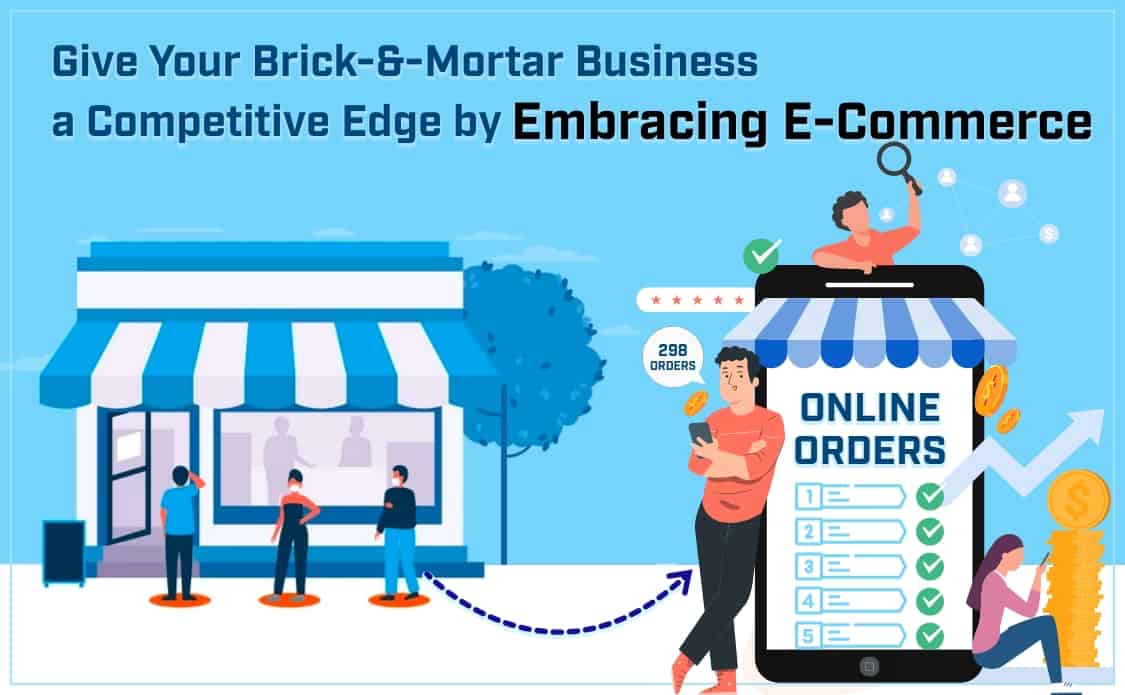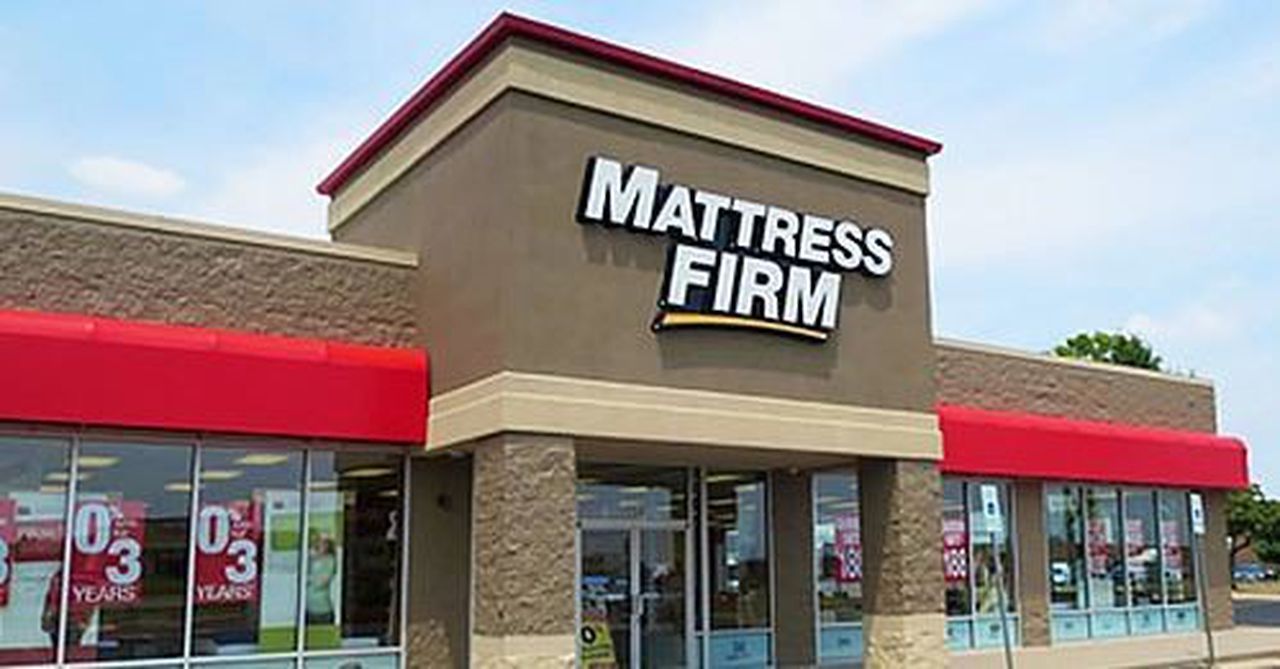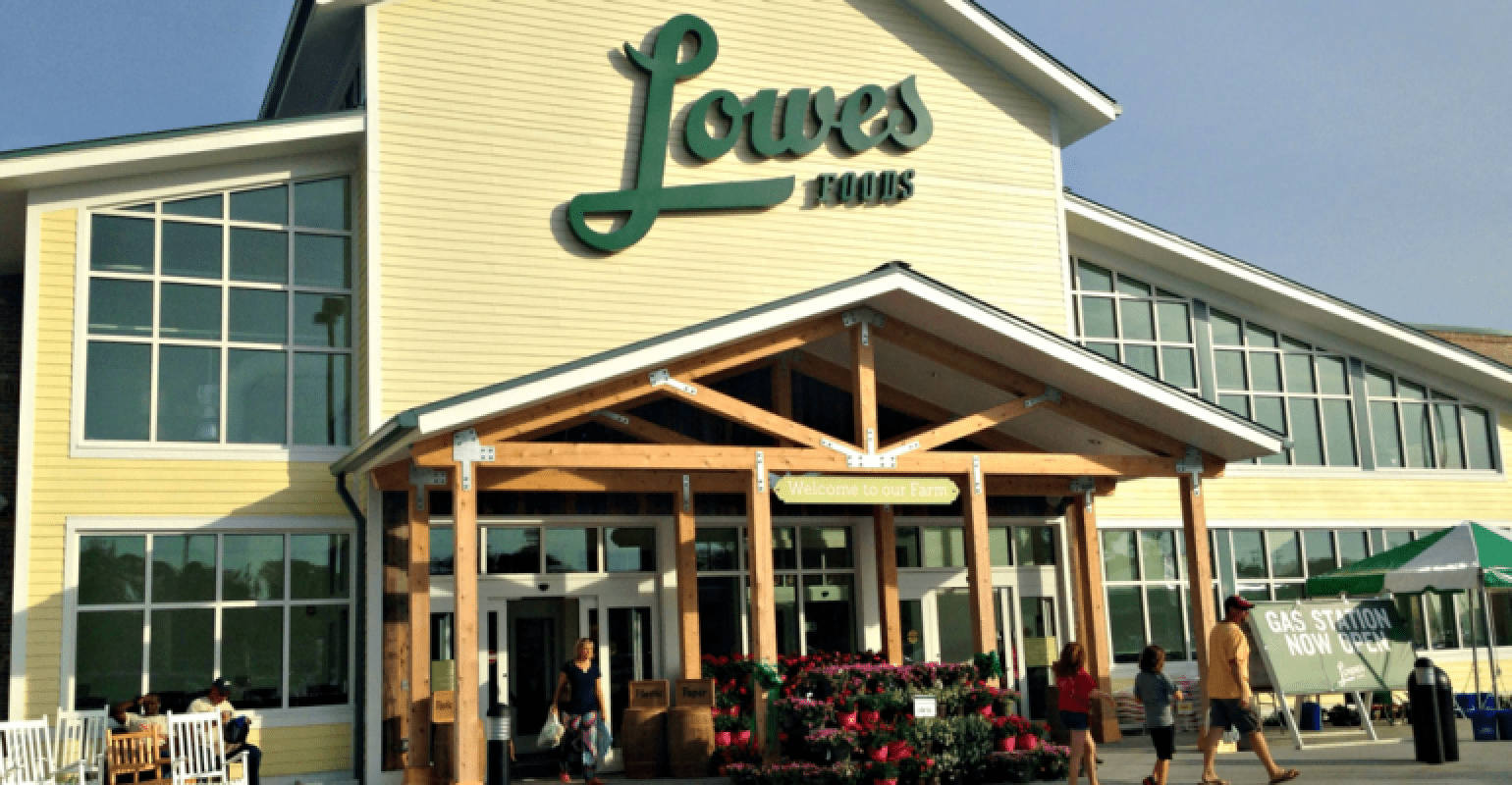Give Your Brick-&-Mortar Business a Competitive Edge by Embracing E-commerce

Let’s face it – the landscape of the brick-and-mortar business market has changed significantly. Just because a particular business model or marketing strategy worked well in the past, does not mean it will work well for you now. And it’s not just about COVID, either. Consumers have been progressively adopting digital forms of shopping for decades. The pandemic merely served to accelerate the adoption of an increasingly digital economy.
How can local brick-and-mortar businesses weather this storm?
Of course, it’s not that customers will no longer do business with a local brick-and-mortar establishment. Folks still prefer to shop local and in-person for a number of products and services. But thanks to what has been termed as “the Amazon effect” by business pundits, many (if not most) consumers now take a “digital-first” approach to how they shop, make purchasing decisions, and engage with brands. If you don’t choose to make digital transformation a priority for your local business now, your portion of the market share pie is likely to continue shrinking, to the point that you may end up having to close your doors.
It’s time to embrace an e-commerce approach for your business.
Your competitors are almost certainly looking for ways to grow their business digitally, and you should, too. Don’t think e-commerce can work for you? Granted, the nature of some businesses makes it a little easier for them to pivot to e-commerce than for others. But that doesn’t mean it can’t be done! Let’s look at two traditional brick-and-mortar chains which have been able to capitalize on e-commerce approaches.
Case study #1: Mattress Firm
By all measures, the global mattress market is big business. Just in the U.S. alone, the current mattress market value is estimated at over 17 billion dollars. Mattress Firm currently has some 3300 retail locations across the country, and has long been considered a major player in the U.S. mattress market. But then along came COVID, and most traditional, in-store mattress shopping essentially came grinding to a halt. Fortunately for Mattress Firm, they had chosen to begin an omnichannel approach back in 2017, so the seeds had already been planted to help them weather this storm. COVID merely gave Mattress Firm the push it needed to go all-in on e-commerce and omnichannel marketing.
The results? As Mattress Firm shifted its focus to digital channels, their e-commerce business grew substantially. And in what likely came as a pleasant surprise to Mattress Firm, their brick-and-mortar business began to grow at a similar pace. Mattress Firm got to the place where they were achieving 2- to 3-year goals in a mere 2 to 3 months, and their leaders have stated they’re never going back to the “old ways” of marketing and doing business. They’re committed to continuing their emphasis on personalized marketing, local geotargeting, and continuing to improve their e-commerce platform and digital customer experience.
Case study #2: Lowes Foods
Lowes Foods is a regional supermarket chain based in North Carolina which has been in business since 1954. The grocery market in this region is particularly crowded and challenging – there are more grocery shopping options per capita in NC than anywhere else in the nation. As more and more grocery retailers continued moving into their market, Lowes Foods came to an important realization back in 2010. The company knew it either had to reinvent itself in order to remain relevant and competitive, or be prepared to close its doors for good. Lowes decided to choose the former, and it’s a decision that’s really paid off for them. Their two-headed strategy has revolved around creating the best in-store grocery experience imaginable, while also being intentional about feeding the omnichannel appetite of modern consumers.
I’ve spoken before about how Lowes Foods goes above and beyond with its customer experience in a previous blog. But today we’re focusing on how pivoting to e-commerce can really benefit brick-and-mortar businesses, so let’s look closer at Lowes Foods’ groundbreaking omnichannel approach. Lowes piloted grocery curbside pickup services before most other supermarkets even gave the idea serious thought. Even so, Lowes knew that wasn’t enough to help keep them ahead of the curve. In 2015 they decided to implement an enhanced omnichannel service approach to improve both the grocery shopping and pickup experience for customers, and in 2016 Lowes Foods won a Best Practice Award for Omnichannel Experience from the Category Management Association.
But what was the bottom-line business impact for Lowes Foods? Shoppers’ average cart size grew significantly for Lowes Foods To-Go services because of their omnichannel improvements, but the sales increase didn’t stop there. As it turns out, those who spent more with Lowes Foods To-Go also tended to spend more on in-store grocery shopping visits! Much as was the case for Mattress Firm, Lowes Foods’ commitment to embracing e-commerce ended up boosting its numbers across the board, increasing shopping cart size both online and in-person. As a result, Lowes has continued to push the envelope by working to expand its online grocery delivery options for shoppers in the Carolinas, including one-hour delivery in select locations.
Takeaways for your local brick-and-mortar business
The successes of both Mattress Firm and Lowes Foods demonstrate that incorporating e-commerce and adopting an omnichannel approach can really help to grow business for a traditional brick-and-mortar chain. But what about your business? How can e-commerce help your local business grow? You don’t necessarily have to own a chain of locations to be able to reap the benefits of a digital transformation, either.
Interested in launching an e-commerce platform for your business? Cibirix can help you to make that happen. We’ve helped other businesses to grow through e-commerce adoption and optimization, and we can help your business, too.
But what if you’re a professional services provider (like a roofing contractor, for example) or other type of business which doesn’t translate well to online purchasing? That’s OK, there are plenty of other ways we can help your business to Rise Digitally. We’re happy to provide small businesses and medium-sized businesses with web development, digital marketing, SEO, social media marketing, and other essential digital services to attract leads, generate more sales, improve user experience, and grow your brand.
Ready to get started? Connect with the digital business specialists at Cibirix today!
About Author

Prashant Yadu
Prashant Yadu is a Social Media Analyst at Cibirix, and he’s now been part of our team for over five years. His particular area of focus for us revolves around Facebook advertising. With the help of his analytical skills and creative ideas, Prashant has helped to generate some remarkable results for our marketing clients. Before diving deeper into social media marketing, Prashant’s work focused on search engine optimization, where he handled both On-Page & Off-Page SEO for business clients. When he’s not hard at work, Prashant enjoys watching movies, listening to music, and hanging out with friends/family.



